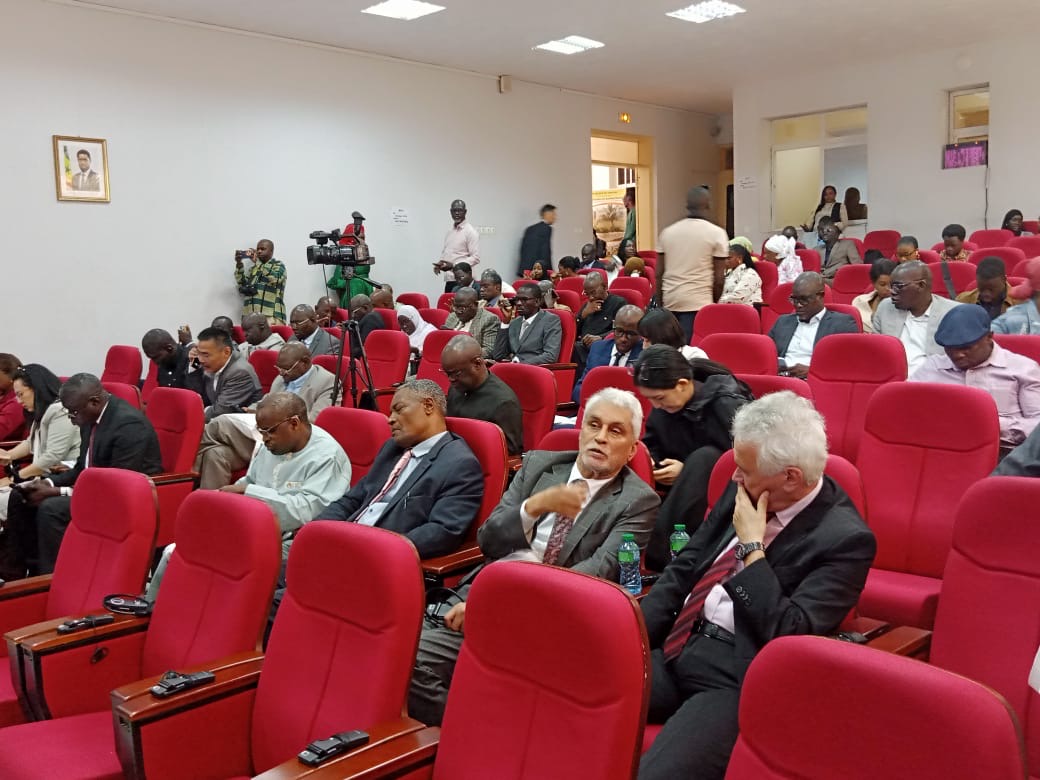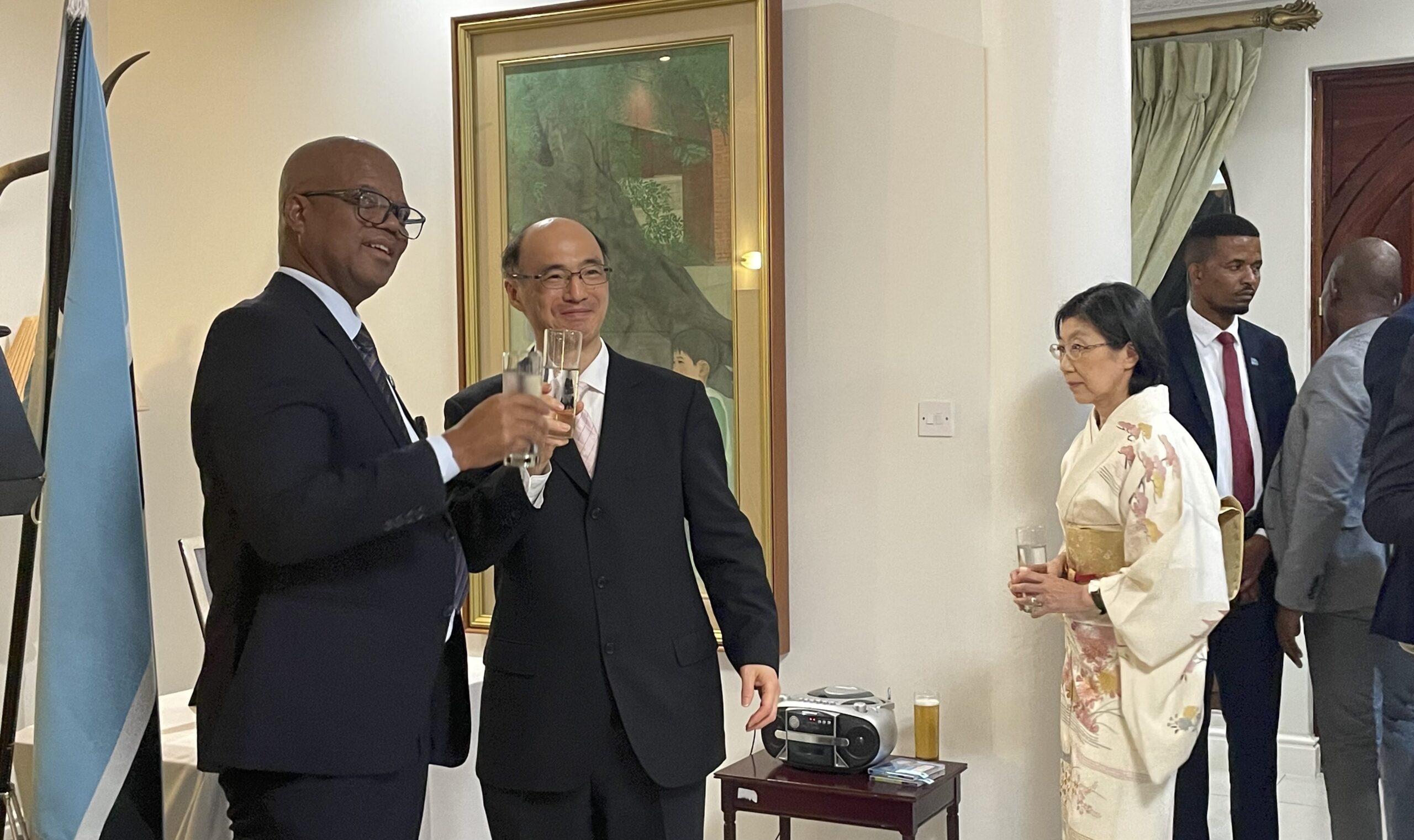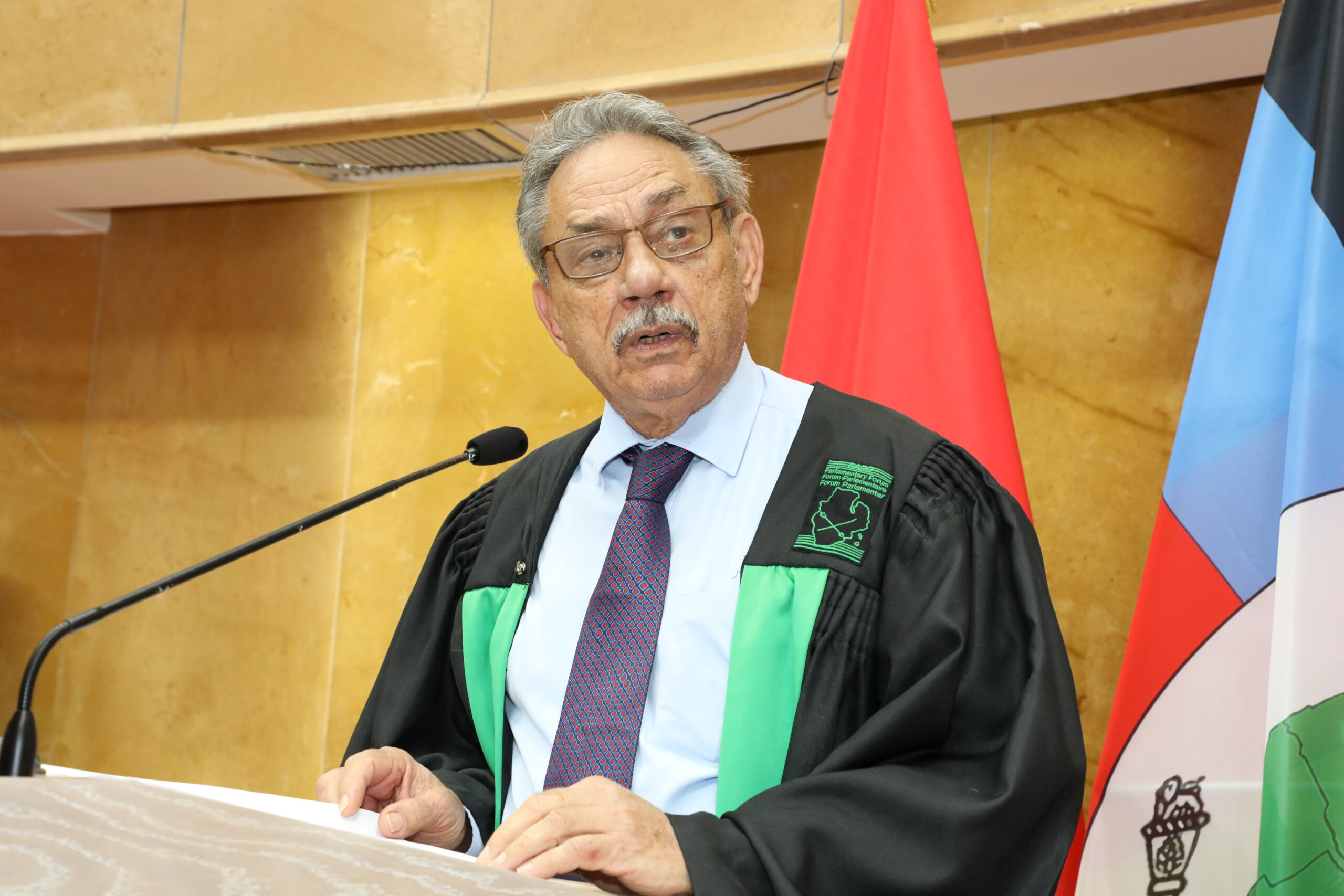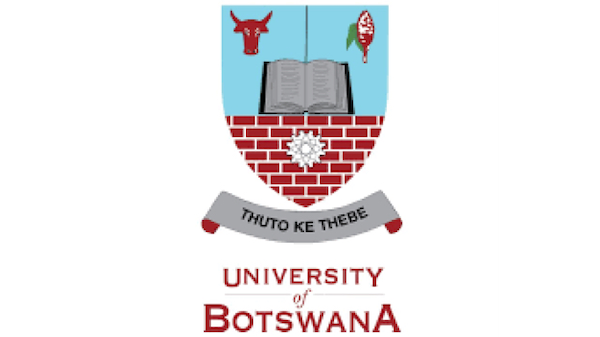
A 17-year old female student with Ollier’s Disease (a rare skeletal disorder) has thus benefitted from a hip implant designed at the University Of Botswana Faculty of Medicine Regenerative Medicine Laboratory.
In line with its strategic goal of creating societal impact through cutting edge research and innovation, the University of Botswana has embarked on an ambitious journey to revolutionize disease treatment through 3D printing technology to improve the health of Batswana. UB is taking advantage of the fact that in the developed world, 3D printing has proven to have potential for improving treatment of certain medical conditions.
UB embarked on an ambitious journey to revolutionize disease treatment through 3D printing technology to improve the health of Batswana
According to Dr Shathani Nkhwa, principal project investigator, the teenager had Ollier’s Disease, a genetic condition characterised by noncancerous benign growths of cartilage that develops within the bones. The right side of her body was affected, resulting in shorter right upper and lower limbs.

Dr Nkhwa says that before surgery, the student complained about impaired and limited walking, falls, low back pain, and self-image issues, which were due to a deformed (club foot and severe knocked knee) and much shorter right lower limb. As treatment for the deformity and short leg, she was offered corrective osteotomy and fixation with custom-made implant and surgical correction of the ankle.
“The perceived advantage of our novel approach was that it would allow detailed pre-operative planning and design when using 3D printed models and in turn assist in the manufacturing of the right implant,” reckons Dr Nkhwa. She notes that the use of traditional surgical approach and conventional implants would be a challenge in terms of finding an appropriate-sized implant that fit well, given the patient’s abnormal and unique anatomy.
Employing specialised design software, the patient’s CT scan was used to construct a 3D anatomical model of the defective site. The anatomical model file was printed at Botswana Institute of Technology Research and Innovation (BITRI).
A surgeon used this anatomical model file to plan the proposed surgical procedure, as well as a design of the type of the required implant for the operation. Final implant design requirements were sent to Central University of Technology (CUT) in South Africa for implant development. “Before final printing, we received and checked the implant file for perfect implant fit using the design software,” explains Dr Nkhwa.
A few days post-surgery, the patient underwent comprehensive ankle and knee rehabilitation that lasted several months. The child was last assessed in April 2021. She demonstrated a slight leg-length difference between the two sides, normal knee alignment when compared to the opposite side, absence of limb and back pain, negligible limping, and ability to walk without an assistive device and without fatigue. Above all, the child has returned to school and is integrated into the community.
“We have thus identified niche key areas that can help drive forward the development and advancement of precision medicine and customised medical device fabrication in Botswana,” says Dr Nkhwa, adding “among the key areas of our interest are pre-surgical planning, medical device fabrication, and 3D printing for educational purposes”.
According to Dr Nkhwa, patient specific 3D models derived from either CT or MRI scans have become increasingly useful tools for healthcare professionals as reference tools for pre-surgical planning. 3D printed anatomical models help doctors save time preparing for conducting surgery as they allow for intra-operative visualisation and device sizing or pre-fitting medical devices both for routine and highly complex procedures.
With the 3D anatomical models, this also enables the doctor to explain better and demonstrate to the patient or medical students the extent of the medical problem, challenges that may be faced, as well as probable solutions; these steps are especially important in highly complex cases, such as in cases of tumor excision.
In the end, this leads to reduced operating room costs, improved patient safety, shorter recovery time, and reduced patient’s anxiety. Furthermore, the patient’s enhanced understanding of the problem and process, may boost their confidence in the doctor and the proposed solution.
“Instead of using one-size-fits-all generic implants, we can offer surgeons an option to make available to patients unique treatments for complex cases,” says Dr Nkhwa.
Dr Nkhwa is a biomedical and biomaterial tissue engineer in the Faculty of Medicine. Co-investigators are rehabilitation scientist, Dr Maikutlo Kebaetse and orthopaedic surgeon, Dr Thapelo Montshiwa, who is now in private practice.
the Faculty of Medicine has also developed alternatives to standard care nasal swabs, respirator oxygen tube adoptors/connectors and venturi devices (diluter)
Lloyds Register Foundation, a UK-based charity organisation that supports research, innovation, and education to make the world a safer place, has funded their project to the tune of P376 781 (£25 000).
Meanwhile, with the advent of COVID-19 and its likely impact on healthcare system which may further lead to severe biomedical supply shortages, the Faculty of Medicine has also developed alternatives to standard care nasal swabs, respirator oxygen tube adoptors/connectors and venturi devices (diluter).
The 3D printed swabs are designed for oronasal Covid sample collection and are currently being further developed to enable better sample collection from the nose of the African demographic. The medical devices were 3D printed with biocompatible material. Once testing and further development have been completed, the medical devices will now be ready for the market.
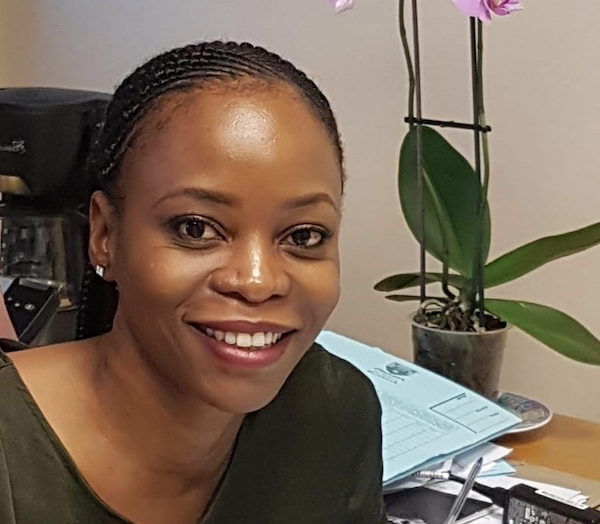
Dr. Shathani Nkhwa, Principal Investigator
Biomedical, Biomaterial Engineer, Faculty of Medecine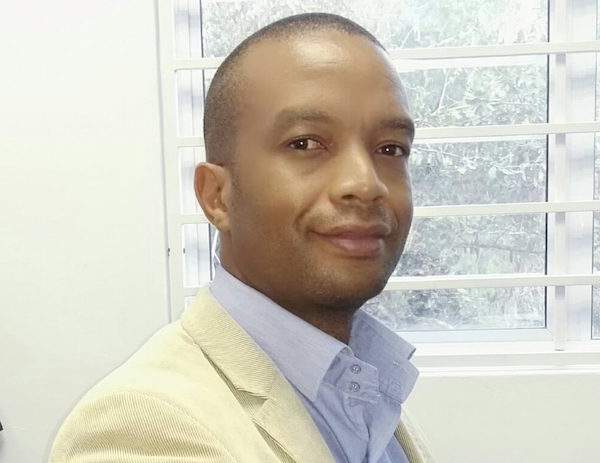
Dr. Thapelo Montshiwa- Co-investigator
Orthopaedic Surgeon, Faculty of Medicine (Now in Private Sector)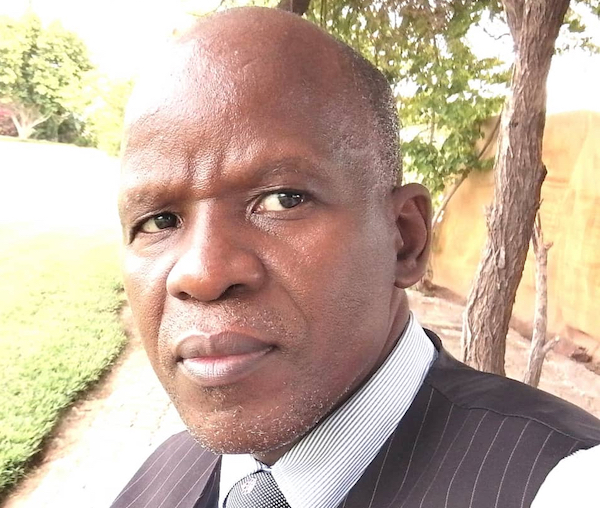
Dr. Maikutlo Kebaetse, Co-investigator
Rehabilitation Scientist, Faculty of Medicine






